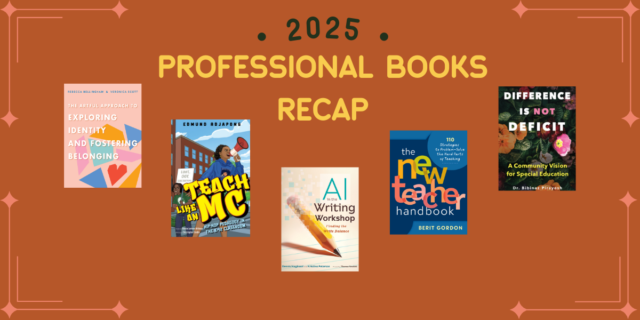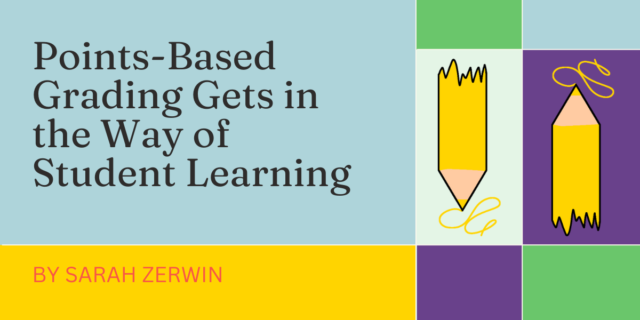
Assessment is a fundamental aspect of education, essential for understanding students' progress and informing effective teaching practices. However, the process of assessment entails significant preparation and organization. From printing materials to tracking student data, it can be easy to get lost in the logistics and lose sight of its true purpose. As educators, it's crucial to step back and reflect on why we assess our students and the impact it has on their learning journey.
“Without a system of gaining information about each reader, you will be teaching without the children.” ~Irene C. Fountas and Gay Su Pinnell
The Power of Assessment
Some teachers might view assessment as “separate” from instruction, which can make it a dreaded task or an annoying interruption. But if your assessments are effective, instruction can be much more effective—even powerful.
Using assessment to inform your teaching has highly positive outcomes. You’re able to:
- Understand the strengths and needs of individual students
- Determine your next teaching moves and make smart instructional decisions
- Monitor students’ growing control of literacy behaviors and understandings
- Accurately report students’ progress to parents and administrators.
“Assessment allows you to see the results of your teaching and make valid judgments about what students have learned to do as readers and writers, what they need to learn to do next, and what teaching moves will support them. In short, assessment makes evidence-based, student centered, responsive teaching possible,” (Fountas and Pinnell 2018).
The Purpose of Assessment
Your observations of students’ literacy behavior are essential to the teaching process. You collect data for many purposes, but the most important reason is to inform teaching in a way that will improve students’ abilities.
Fountas and Pinnell recommend incorporating two types of classroom assessment into your overall assessment strategy:
- Interval Assessment: assess to inform the direction of instruction (as you would when using the Benchmark Assessment System)
- Continuous Assessment: monitor student progress and analyze the effects of teaching (as you would by taking reading records during guided reading using Guided Reading)
It is critically important that these two types of assessment are used in conjunction with one another. Teachers cannot teach effectively without gathering information about each learner. Teaching without continual and interval assessment is akin to “teaching without the children.”
“Through systematic observations and accurate record-keeping, you will have a continuous flow of reliable information about students’ progress as literacy learners. The decisions you make based on the data will be the heartbeat of your responsive teaching.” (Fountas and Pinnell, 2018)
***
Learn more about Fountas & Pinnell Benchmark Assessment Systems and the Spanish version, Sistema de evaluación de la lectura, accurate and reliable tools for identifying all students' instructional and independent reading levels and documenting student progress through one-on-one formative and summative assessments.
Elevate Your Literacy Assessment with Personalized, Powerful Tools


